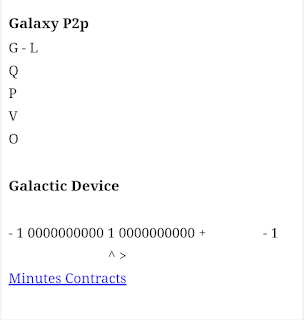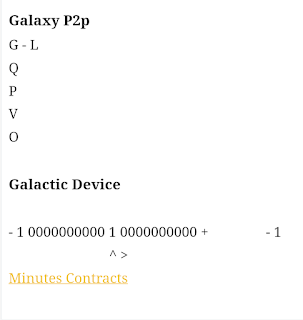To map the ideal location for building an orbital elevator on Earth, several strict requirements must be met:
✅ Location Criteria
- Equatorial position – The base must be located on or very near the equator to remain aligned with geostationary orbit (GEO).
- Minimal population risk – Ocean-based or isolated land areas are safest in case of tether failure.
- Stable geopolitics – Low risk of war, piracy, or political interference.
- Weather conditions – Minimal hurricanes, low lightning frequency, stable climate.
- Access to logistics – Port access, global communication lines, and infrastructure for support.
🗺️ Top Recommended Location: Pacific Ocean Near the Equator
🟢 Primary Site:
- Latitude/Longitude: ~0°N, 130°W
- Location: Open Pacific Ocean, roughly 1,000 km west of Ecuador
✅ Pros:
- Right on the equator.
- No major hurricanes (south of the hurricane belt).
- International waters reduce national ownership conflict.
- Isolated from population centers.
- Close to spaceports (like ESA’s Kourou, French Guiana, or U.S. bases via Panama Canal).
- Mobile ocean platform allows repositioning during extreme weather.
🚢 Platform Example:
- Use a modified ocean platform, similar to oil rigs or SpaceX’s drone ships, but larger and specially stabilized.
🟡 Alternative Sites (Land-Based)
1. Kirimati Island, Kiribati
- Location: 1.87°N, 157.4°W
- Pros: Near equator, sovereign land, low political tension.
- Cons: Remote, limited infrastructure, potential climate change impact.
2. Bioko Island (Equatorial Guinea)
- Location: ~3.5°N, 8.7°E
- Pros: Close to equator, African government could offer strong incentives.
- Cons: Weather, political risks, and lightning frequency need consideration.
3. Amazon Basin (Ecuador)
- Location: 0°N, ~78°W
- Pros: Direct access to equator.
- Cons: Dense jungle, biodiversity risk, high rainfall, earthquake activity.
📌 Geostationary Orbital Target (Counterweight Path)
- Orbit above the equator at 35,786 km altitude.
- Tether must extend past GEO to keep tension via centrifugal force (~100,000 km total).
🛰️ Visual Map Description
If we were to generate a map:
- Highlight the equator line.
- Mark a circle 1000 km wide in the Pacific Ocean at 0°N, 130°W.
- Indicate shipping routes, undersea cables, and support stations in South America, Hawaii, and Galápagos.
Would you like me to generate a map image of the location, or simulate the elevator’s position relative to Earth rotation and satellite traffic?








0 Comments